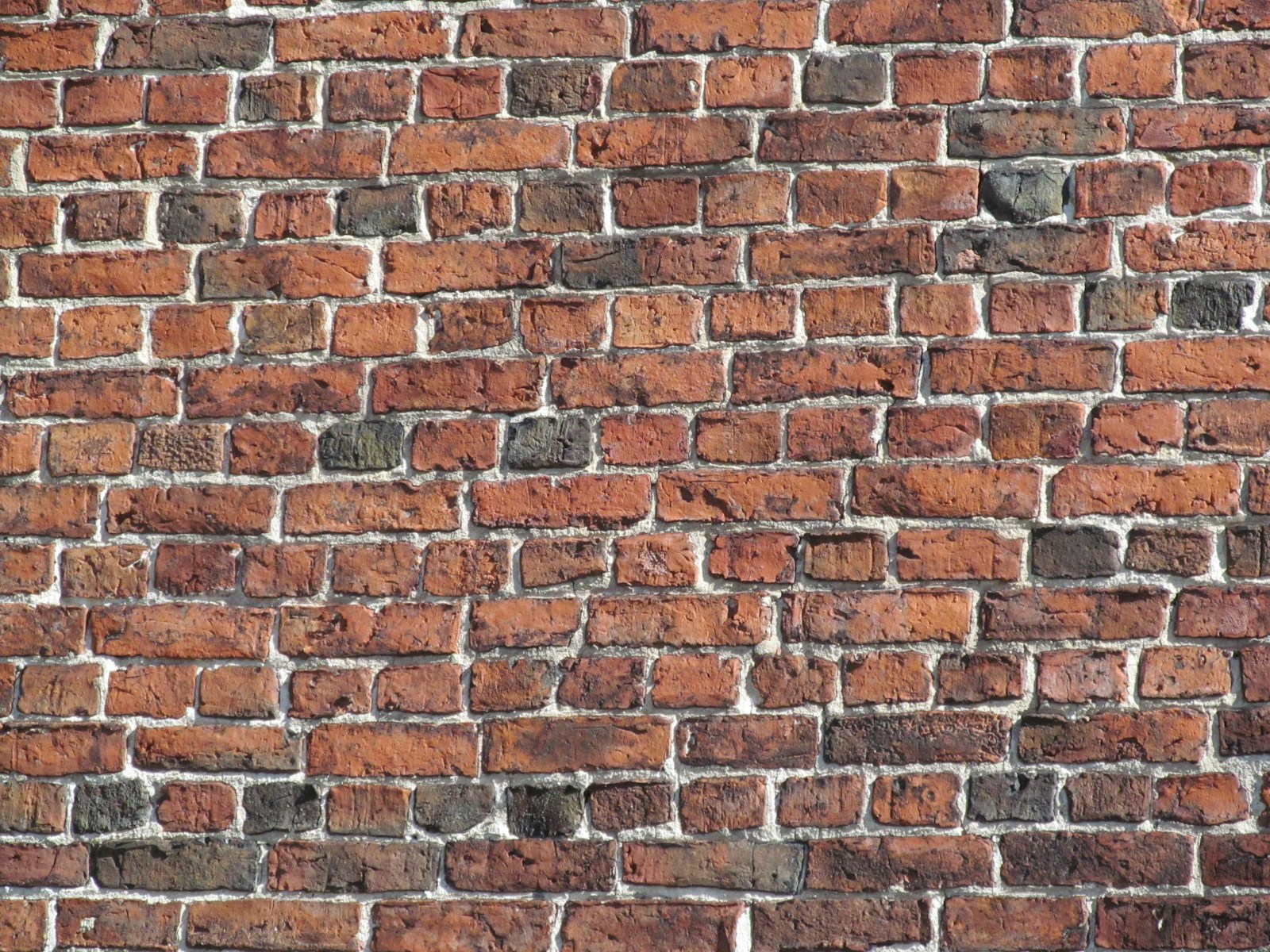
砖
zhuān

brick
The Chinese word '砖' is used to refer to a rectangular shape hard material used in construction. It can be used in various ways in a sentence, for instance, '我正在搬砖' means 'I'm moving bricks'. It can also be used metaphorically, to indicate hard work or perseverance.
Example sentences using: 砖
这座房子是由砖头建造的。
Zhè zuò fángzi shì yóu zhuāntóu jiànzào de.

This house is built with bricks.
This is a declarative sentence stating that the material used to build the house is brick.
砖头被丢到了马路上。
Zhuāntóu bèi diū dàole mǎlù shàng.

The brick was thrown onto the road.
This sentence narrates a past event where a brick ended up on the road.
这个男孩被一个砖头打伤了。
Zhège nánhái bèi yīgè zhuāntóu dǎ shāngle.

The boy was injured by a brick.
This sentence reports an incident where a boy is hurt by a brick.
他在砖墙上写下了他的名字。
Tā zài zhuānqiáng shàng xiě xiàle tā de míngzì.

He wrote his name on the brick wall.
This sentence describes a person marking his name on a brick wall.
他掉进了一个堆满砖头的坑。
Tā diào jìnle yīgè duī mǎn zhuāntóu de kēng.

He fell into a hole full of bricks.
This sentence narrates an event where a person falls into a hole that is filled up with bricks.
砖头砸在了他的脚上。
Zhuāntóu zá zàile tā de jiǎo shàng.

The brick hit his foot.
This sentence describes an event where a brick falls and hits someone's foot.
墙上挂着画,画的框架像砖块一样重。
Qiáng shàng guàzhe huà, huà de kuàngjià xiàng zhuānkuài yīyàng zhòng.

The painting hanging on the wall has a frame as heavy as a brick.
This sentence compares the weight of a painting's frame to that of a brick.
这个砖头太重了,我无法抬起它。
Zhège zhuāntóu tài zhòngle, wǒ wúfǎ tái qǐ tā.

This brick is too heavy; I can't lift it.
This sentence expresses the speaker's inability to lift a heavy brick.
用筷子吃饭犹如砖石在手。
Yòng kuàizi chīfàn yóurú zhuānshí zài shǒu.

Eating with chopsticks is like having a brick in hand.
This sentence metaphorically compares the difficulty of using chopsticks to holding onto a brick.
你能帮我搬这些砖头吗?
Nǐ néng bāng wǒ bān zhèxiē zhuāntóu ma?

Can you help me move these bricks?
This is an interrogative sentence asking for someone's help in moving some bricks.